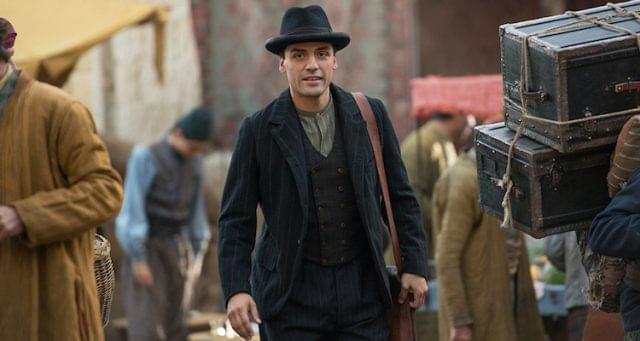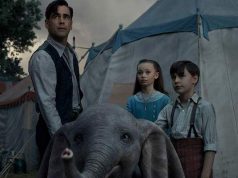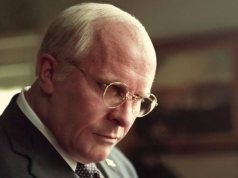
Stipulated: The Armenian genocide, in which some 1.5 million Armenians were murdered by the Ottoman government (we call it Turkey now) between 1915 and 1922, is underrepresented in history books and in popular culture. Among 20th-century holocausts, it takes a backseat to the capital-H one in terms of size, scope, and worldwide societal impact. More storytellers should turn their attention to the unreported tales of tragedy, bravery, and humanity from that dark era that are waiting to be told.
That being said, those storytellers will need to do better than “The Promise,” a respectable but middling film that bites off more than it can chew and can’t deliver the emotional payload it strives for. Perhaps overwhelmed by the near absence of movies on this subject, director Terry George (who covered a different genocide in “Hotel Rwanda”) and co-writer Robin Swicord try to include everything — a love triangle, a prison-camp escape, political intrigue, a ragtag army of refugees, commentary on the horrors of war — and as a result don’t do any of it particularly well (though they don’t do any of it badly, either).
We begin in 1913 in a small Armenian village, where penniless young scholar Mikael Boghosian (Oscar Isaac) agrees to marry Maral (Angela Sarafyan) at some point in the future so he can use the dowry to attend medical school in Constantinople now. In the big city, he befriends fellow student Emre (Marwan Kenzari), the son of a Turkish bigwig, and Ana Khesarian (Charlotte Le Bon), another Armenian. He also meets Ana’s American boyfriend, Chris Myers (Christian Bale), a journalist for the Associated Press.
When the Turks enter World War I and local anti-Armenian sentiment reaches a fever pitch (the film doesn’t get into the long-simmering issues at play there beyond the Muslim-vs-Christian factor), Emre helps Mikael get a student deferment. It doesn’t last, though, and Mikael finds himself in a brutal labor camp, and then on the run, and then back in Armenia, where for his own safety he must marry his betrothed and forget about Ana, with whom he has fallen in love.
The story takes several more turns from there, focusing mainly on Mikael but occasionally veering off to cover Ana and Chris, who join a Protestant missionary group in trying to evacuate a batch of orphans. Mikael’s family is threatened, and he sees the atrocities up close. Chris endures punishment for refusing to name a Turkish source who warned him about an upcoming purge, and strives to report the facts to the oblivious Western world. Ana struggles, kind of, with her attraction to both men (she doesn’t seem particularly crazy about either of them), and the men regard one another jealously but without any drama.
Terry George seems to have intuited (correctly) that it would be distasteful to use the Armenian genocide as nothing more than the backdrop for a fictional romance, so he wavers uneasily between that story and the weightier issues. The advantage of having so many irons in the fire at once is that if, say, the love triangle grows tiresome, there’s (for example) a rousing sequence of Armenian exiles defending themselves against Turkish forces in the desert to revive us. The disadvantage is that no single story thread has sufficient impact — the “jack of all trades, master of none” dilemma.
And so we’re left with a film that’s more righteous than good, but more good than bad. Oscar Isaac’s sensitivity serves him well (he’s an expert at the anguished moan); Christian Bale’s intensity and Charlotte Le Bon’s willowy strength likewise give the production an air of earnestness and legitimacy. There’s so much more to explore here, but “The Promise” is a worthy step in the right direction.
(P.S. My dislike of bad titles forces me to mention that “The Promise” is the worst kind. Not only is it vague and generic, but the “promise” it refers to 1) isn’t crucial to the plot and 2) becomes a moot point about halfway through the film anyway. We can do better!)
B- (2 hrs., 12 min.; )





